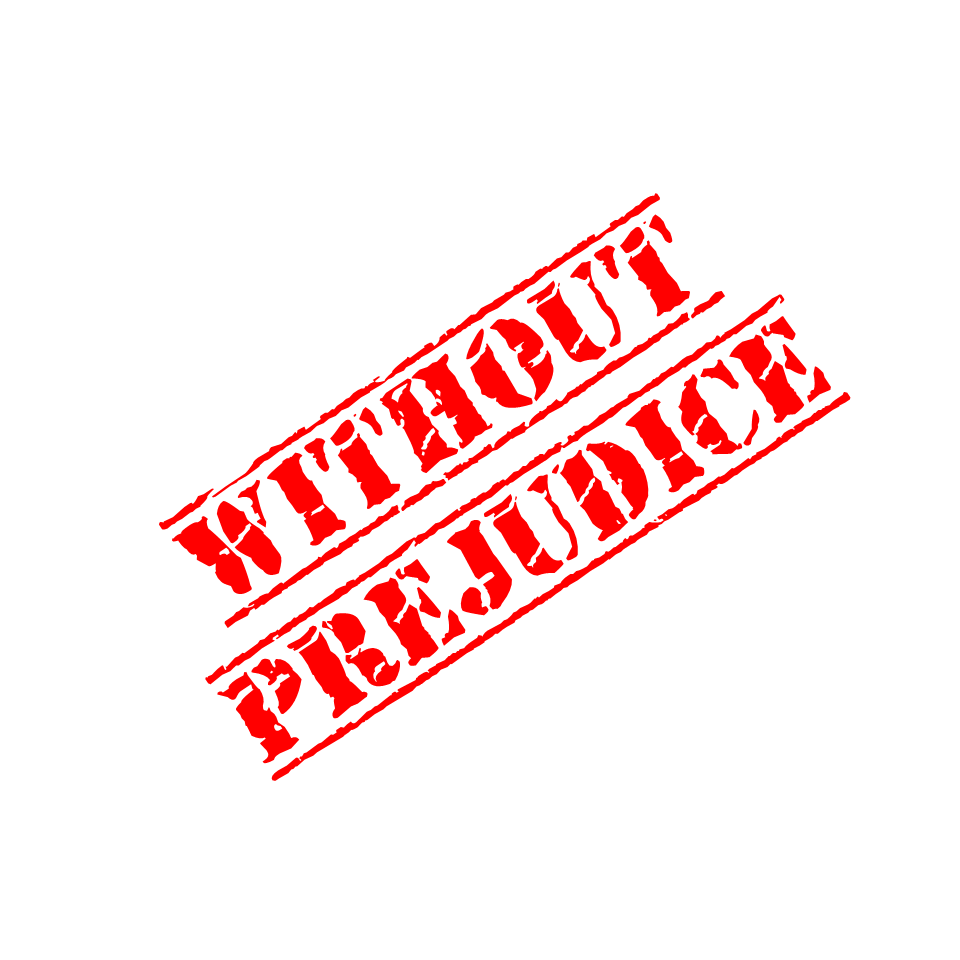
Without Prejudice – the often used and misunderstood legal terminology explained
What does ‘without prejudice’ mean?
At law, the phrase ‘without prejudice’ in correspondence between parties means that the contents of the letter is meant to be received without detriment to any existing rights or claims. This is called ‘without prejudice privilege’.
The privilege associated with the phrase ‘without prejudice’ in correspondence serves an important purpose in assisting in dispute resolution by allowing parties to compromise, make concessions and other offers without the risk that these offers of compromise or concessions will negatively affect them, or be used against them, if later down the track such negotiations fail. Importantly, statements with ‘without prejudice privilege’ will generally be inadmissible in Court.[1]
When does ‘without prejudice privilege’ apply?
Section 131(1) of the Evidence Act 1995 (Cth) states that the Court cannot adduce evidence from any ‘communication that is made between persons in dispute, or between one or more persons in dispute and a third party, in connection with an attempt to negotiate a settlement of the dispute, or … a document (whether delivered or not) that has been prepared in connection with an attempt to negotiate a settlement of a dispute’.
Common law and legislation have intertwined to create several further rules about the situations where without prejudice privilege can and cannot be used. Without prejudice privilege will only apply to statements (written or verbal) that are made in relation to settling a dispute when legal proceedings have commenced[2]. Some examples of where the privilege will not apply include:
- in negotiations of any kind that are not related to dispute resolution;
- in letters of demand where there is no concession or attempt at conceding to resolve the dispute;
- in correspondence where there is a general willingness to settle but no specific compromise or concession[3];
- and in contractual matters where though negotiation may occur, there is no ‘dispute’ to be resolved, and thus without prejudice privilege is not suitable.
It is therefore imperative that ‘without prejudice’ not be used in correspondence where it does not fit the nature of without prejudice privilege – that is, where there is no genuine attempt at settling or offering compromises that would assist in the dispute resolution process. It is the intention of the parties, rather than the phrase ‘without prejudice’ alone, that will determine whether without prejudice privilege applies.
[1] Section 131(1) of the Evidence Act 1995 (Cth).
[2] Exclusion of Evidence of Settlement Negotiations
[3] GPI Leisure Corporation v Yuill (1997) 42 NSWLR 225.
